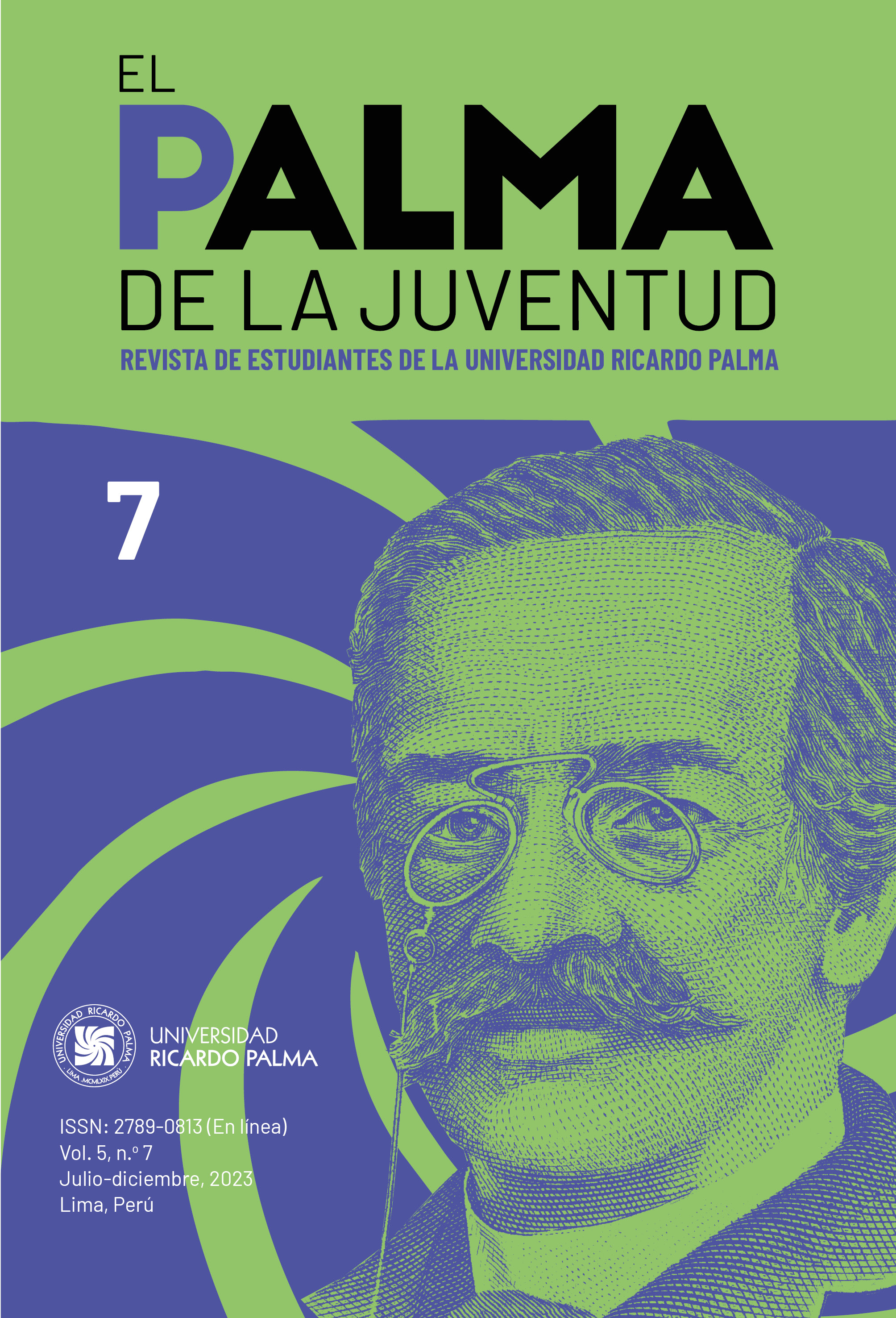Gender coloniality and its influence on the perception of black masculinity: a conflict in Gertrudis Gómez de Avellaneda’s antislavery message in Sab
DOI:
https://doi.org/10.59885/epdlj.2023.v5n7.11Keywords:
Sab, Gertrudis Gómez de Avellaneda, gender coloniality, black masculinity, antislaveryAbstract
This article examines gender coloniality and its influence on the perception of black masculinity in Gertrudis Gómez de Avellaneda’s Sab. In the novel, the Afro-descendant man is perceived as a threat to the colonial order and white femininity, which betrays the «black fear». Important themes are presented in a superficial tone, as the protagonist’s goal is not to abolish slavery, but to free himself in order to love Carlota. From this it is identified that the novel’s anti-slavery message is ineffective, as Sab is a spokesperson for the white feminist struggle and is denied her own liberation by presenting the antislavery struggle as an inferior concern to women’s liberation.
References
Camacho, J. (2015). Miedo negro, poder blanco en la Cuba colonial. Iberoamericana.
Gómez de Avellaneda, G. (1997). Sab. Cátedra.
Lugones, M. (2008). The Coloniality of Gender. Worlds & Knowledges Otherwise, 2(2), 1-17. https://globalstudies.trinity.duke.edu/sites/globalstudies.trinity.duke.edu/files/file-attachments/v2d2_Lugones.pdf
Torres-Pou, J. (1993). La ambigüedad del mensaje feminista de Sab de Gertrudis Gómez de Avellaneda. Letras Femeninas, 19(1-2), 55-64. http://www.jstor.org/stable/23022243
Zevallos, J. (2018). Etnicidad y género en Sab (1841) de Gertrudis Gómez de Avellaneda. Boletín de la Academia Peruana de la Lengua, 64(64), 87-109, https://doi.org/10.46744/bapl.201802.005
Downloads
Published
How to Cite
Issue
Section
License
Copyright (c) 2023 Isis A. Santoni Morro

This work is licensed under a Creative Commons Attribution 4.0 International License.
La revista utiliza una licencia Creative Commons para mostrar a los lectores y usuarios cómo se pueden utilizar los contenidos publicados.
Los contenidos publicados en esta revista están bajo una licencia CC-BY 4.0. Esta licencia permite:
- Compartir, copiar y redistribuir el material en cualquier medio o formato.
- Adaptar, remezclar, transformar y construir a partir del material para cualquier propósito, incluso comercialmente.
Bajo los siguientes términos:
- Atribución. Usted debe dar crédito de manera adecuada, brindar un enlace a la licencia, e indicar si se han realizado cambios. Puede hacerlo en cualquier forma razonable, pero no de forma tal que sugiera que usted o su uso tienen el apoyo de la licenciante.










